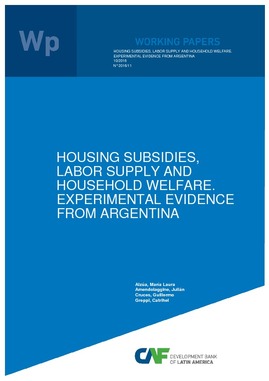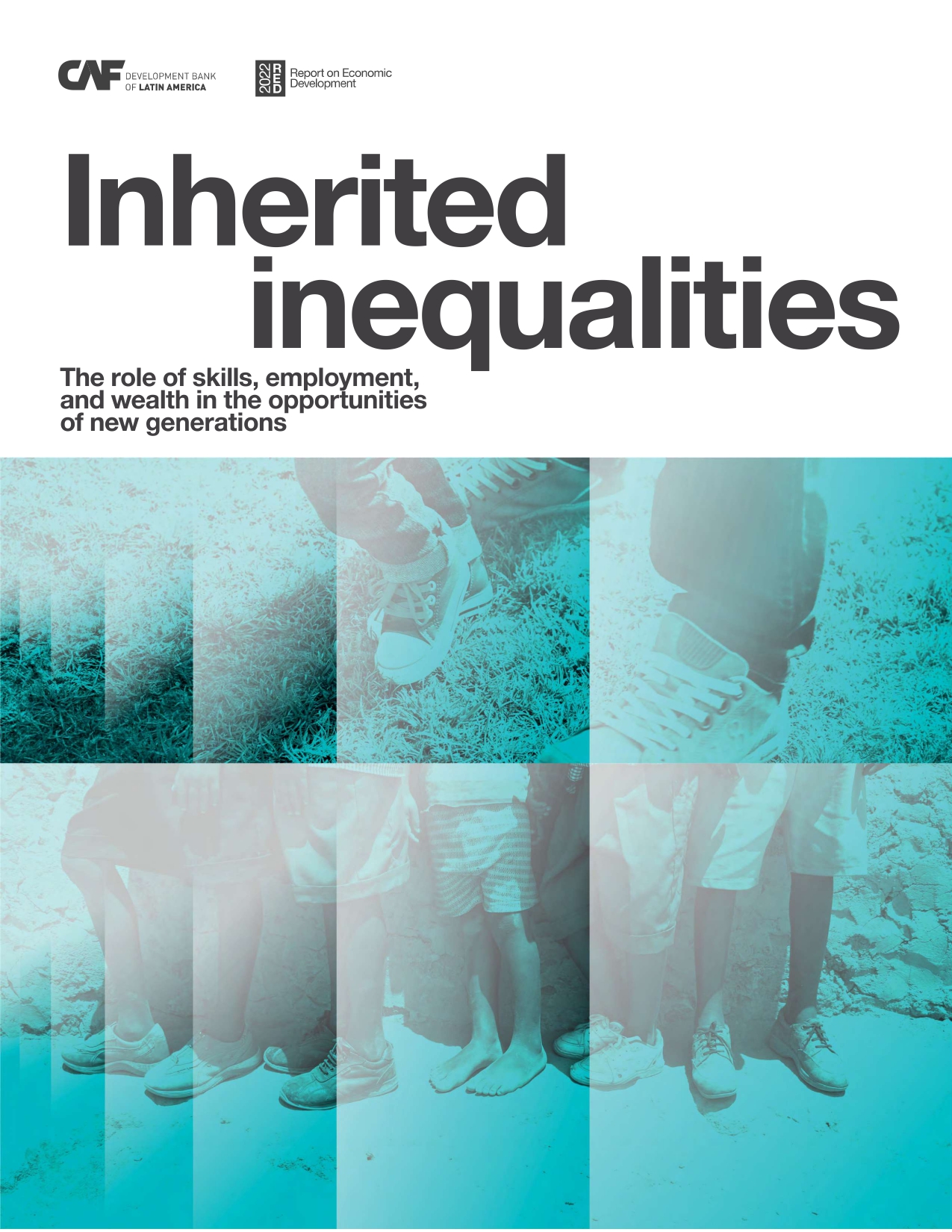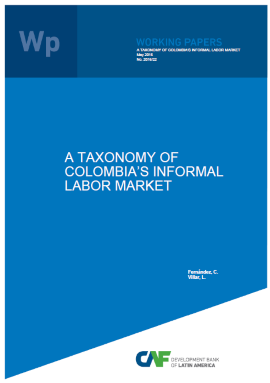Housing Subsidies, Labor Supply and Household Welfare. Experimental Evidence from Argentina
Abstract
We study the impact of a social housing policy program implemented in Argentina, exploiting the random assignment rule to identify the policy's causal effect on labor market and other socio-economic outcomes. In particular, this paper evaluates an intervention that combines access to quality housing at a heavily subsidized cost, the granting of property rights, and relocation in a suburb of Rosario, Argentina's third largest city. In a preliminary analysis, based on administrative social security records, we find that the policy generates a reduction in registered employment by more than 7 percentage points, especially for women and beneficiaries over 50 years of age. We went further and conducted a purposely-designed household survey among a sample of beneficiaries in order to understand the underlying mechanisms and welfare implications of these results. All in all, our analysis points to the existence of an income effect and confirms the registered fall in formal employment and labor force participation. We do not find an increase in informalization, although beneficiaries' perceived access to local job opportunities are signicantly reduced.
Country / Region
Date
2016-10Cite this publication
Belongs to collection
Author
Alzúa, María LauraAmendolaggine, Julián
Cruces, Guillermo
Greppi, Catrihel
Items Relacionados
Inherited inequalities: The role of skills, employment, and wealth in the opportunities of new generations
This edition of the Report on Economic Development (RED 2022) analyzes the problem of persistent inequality from a new perspective, which makes it ...
A Taxonomy of Colombia’s Informal Labor Market
A taxonomy of the informal labor market is extremely important to understand and handle informality, particularly in a country as Colombia where this ...
Pension and healthcare systems in Latin America: Challenges posed by aging, technological change, and informality
Social protection in the 21st century in Latin America will be strongly conditioned by labor informality, automation and digitalization of production ...






